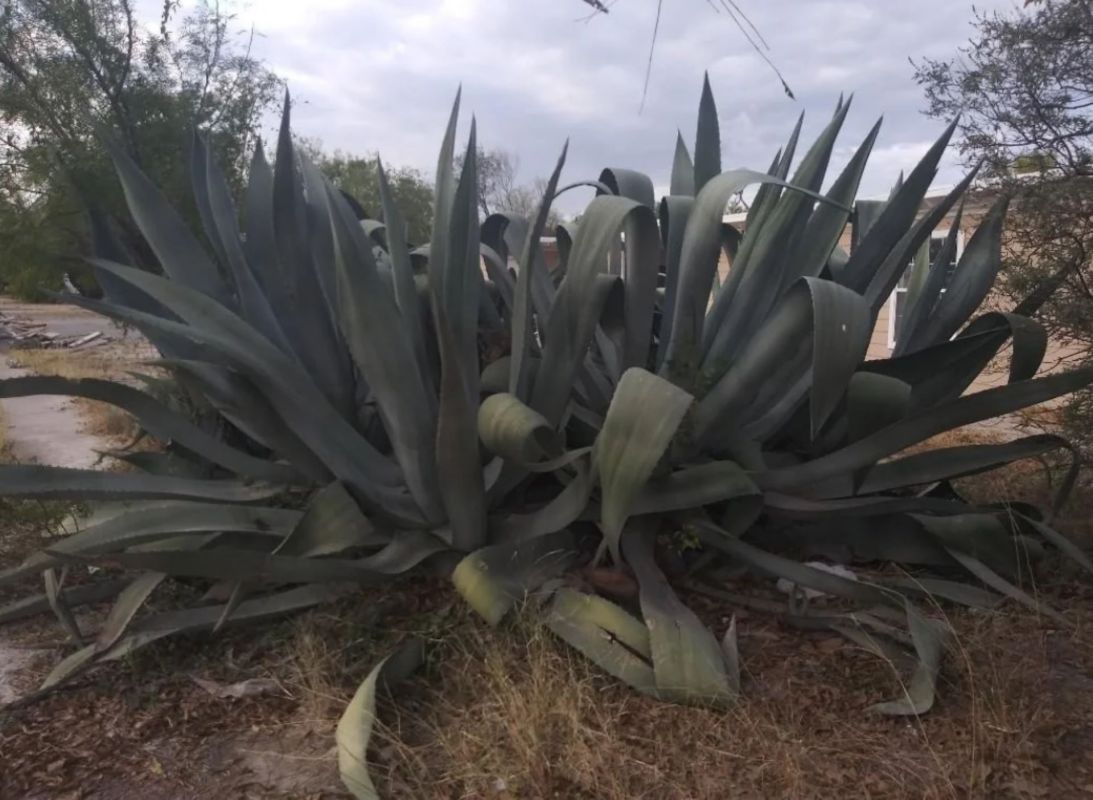A homeowner from Texas has been left distraught after the landlord from the house next door decided to destroy a huge agave plant.
They posted a picture to Reddit of the destruction caused, with the leaves withering and decaying. They also shared images of the agave in its prime, and the contrast is devastating.
"I'm heartbroken," they captioned the post. "20 years of growing up with these massive plants between our houses and a new landlord next door has decided to destroy them."

The comments section was full of sympathy and similar stories.
"Omg," one user said. "This is so sad. I wonder if they realized what they killed?"
"Within the space of a year, my new neighbors on both sides cut down ALL their trees because they felt them to be a nuisance," added another. "Turned the properties into a wasteland."
Another user noted that they had seen huge examples of the agave plant — which the original poster said was a succulent variety known as a century plant — often in the state.
It's not surprising that they grow in Texas, as century plants are heat- and drought-tolerant. Native plants like these are hugely important to the local ecosystem, with gardening advice website Gardenia saying that they attract hummingbirds.
In an area where growing plants can be difficult in hot conditions, having greenery like this that provides shade and habitats for wildlife is a great alternative to traditional monoculture lawns and delicate plants that need regular watering and maintenance. With global temperatures rising because of global heating, durable plants are becoming more desirable for homeowners.
There may still be some hope for this homeowner, though. While it might take some time to grow a new plant to the glory of the previous one, many Redditors observed that the destroyed century plant will likely produce pups — or small offshoots that create clones of the plants — which will make it easier to establish new growths.
Furthermore, since the original poster said the plant was around 20 years old, it was likely nearing the end of its life cycle anyway, so the destruction might have even encouraged the production of pups — even if this wasn't the landlord's intent.
Join our free newsletter for easy tips to save more, waste less, and help yourself while helping the planet.









